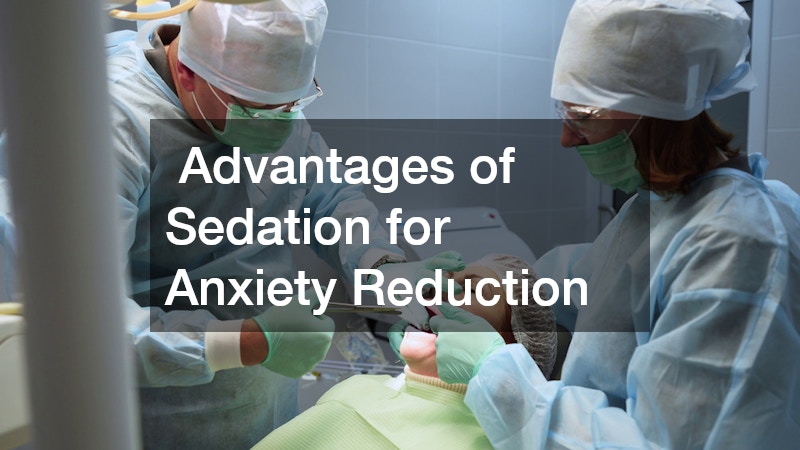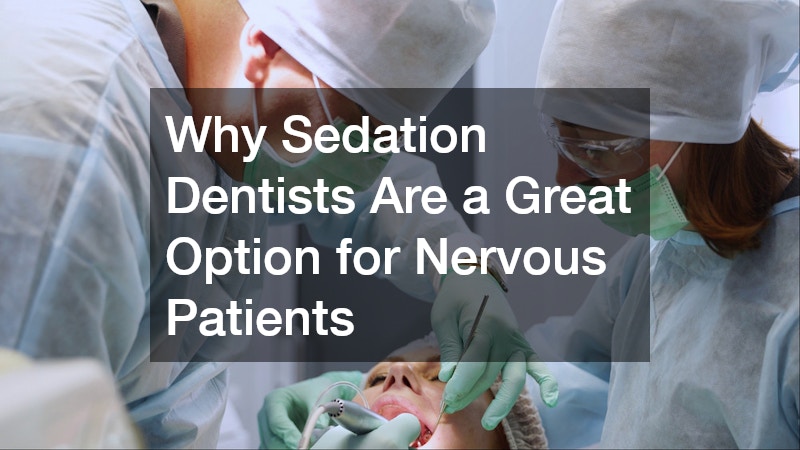
Sedation dentistry has emerged as a solution for individuals who hesitate to make dental appointments due to anxiety and fear. It transforms the dental experience, making it more comfortable and less stressful for those who need it most. By addressing dental phobias, sedation encourages regular dental care, which is integral to maintaining oral health.
Understanding Different Levels of Sedation
Sedation dentistry uses varying levels of sedation, ranging from minimal, where the patient is awake but relaxed, to general anesthesia, where the patient is fully unconscious. Understanding these differences is crucial as they determine the patient’s level of consciousness and relaxation.
The safety of each level is paramount, with professional guidelines ensuring each type is administered safely.
Each level of sedation is chosen based on the procedure and the patient’s needs. Minimal sedation is often used for those with mild anxiety, helping them stay calm while remaining conscious during their visit. Moderate sedation, or conscious sedation, keeps patients awake but groggy, allowing them to respond to verbal cues but not remember much of the procedure.
Types of Sedation Methods
There are several methods used to administer sedation, each with unique applications and benefits. Inhalation sedation, commonly known as laughing gas or nitrous oxide, is mild and quickly reversible, allowing patients to drive themselves home afterward. Oral sedation involves taking medication by mouth, often making patients drowsy enough to relax completely.
IV sedation is another method that provides deeper sedation, delivered directly into the bloodstream for fast-acting results. This method allows dentists to adjust the sedation level as needed, maintaining optimal comfort and safety. Both oral and IV sedation are generally chosen for their effectiveness, especially for longer or more invasive procedures.
Safety Measures and Qualifications of Sedation Dentists
Sedation dentists are required to undergo specialized training and certification to administer sedation safely. This training includes understanding pharmacology, patient assessment, and emergency management, ensuring they are prepared for any situation. Additionally, sedation dentists are continually updated on best practices to maintain high safety standards.
The qualifications necessary for sedation dentistry emphasize the importance of patient safety and comfort. Dentists must be adept in preparatory measures, including reviewing the patient’s medical history and potential allergic reactions. Continuous patient monitoring ensures immediate intervention if any adverse reactions occur during the procedure.
Identifying Candidates for Sedation Dentistry
Sedation dentistry is particularly beneficial for individuals with dental phobia, which affects a significant portion of the population. Those with a low pain threshold or who struggle with the ability to sit still for extended periods can also gain significantly from sedation options. Patients with sensitive gag reflexes or extensive dental work requirements find sedation dentistry immensely helpful.
Dental visits can be daunting for many individuals, particularly those with past traumatic experiences. Sedation can help these patients overcome their fears, facilitating a calm and relaxed state during procedures. The fact remains that sedation dentistry is not just for adults; children who experience severe anxiety at the thought of dental visits can benefit as well.
Case Studies: Patient Transformations with Sedation
Many patients experience life-changing transformations after opting for sedation dentistry, as seen in various case studies. One patient, who hadn’t seen a dentist in years due to anxiety, now visits regularly after a positive sedation experience. Their transformations often include improved dental health and a newfound confidence in seeking regular dental care.
Another example features a young adult with autism who needed extensive dental work but found traditional visits intolerable. Through sedation dentistry, the required procedures were completed in a calm and comprehensive manner. These real-life stories highlight the tangible benefits sedation offers, particularly for those with severe anxiety or special needs.
Advantages of Sedation for Anxiety Reduction
One of the primary benefits of sedation dentistry is its ability to significantly reduce anxiety and discomfort for patients. By alleviating fear, it allows necessary dental treatments to occur that would otherwise be avoided. Consequently, patients are more likely to maintain consistent and proactive dental health care.
Sedation creates a relaxing and comfortable environment, so patients can undergo procedures without experiencing stress. This relaxation extends beyond the physical, mentally reassuring patients that their comfort is a priority. When fear is managed effectively, the likelihood of following through with treatment plans increases.
Potential Risks and Side Effects of Sedation
While sedation has profound benefits, it is not without potential risks and side effects. Common side effects include drowsiness, confusion, and mild amnesia related to the procedure. In rare cases, allergic reactions or more severe complications can occur, which necessitates immediate medical attention.
Overcoming dental anxiety with the help of sedation dentistry offers long-term benefits, primarily demonstrating improved oral health. With regular and stress-free dental care, patients can address potential issues before they escalate, leading to healthier outcomes. Furthermore, regular check-ups under sedation reduce the likelihood of developing severe dental problems.
Sedation dentistry provides a valuable option for individuals who hesitate to seek dental care due to fear or anxiety. By creating a comfortable and stress-free environment, it encourages better oral health through regular check-ups and procedures. For those facing dental anxiety, sedation dentistry represents a gateway to maintaining both dental and overall well-being.



